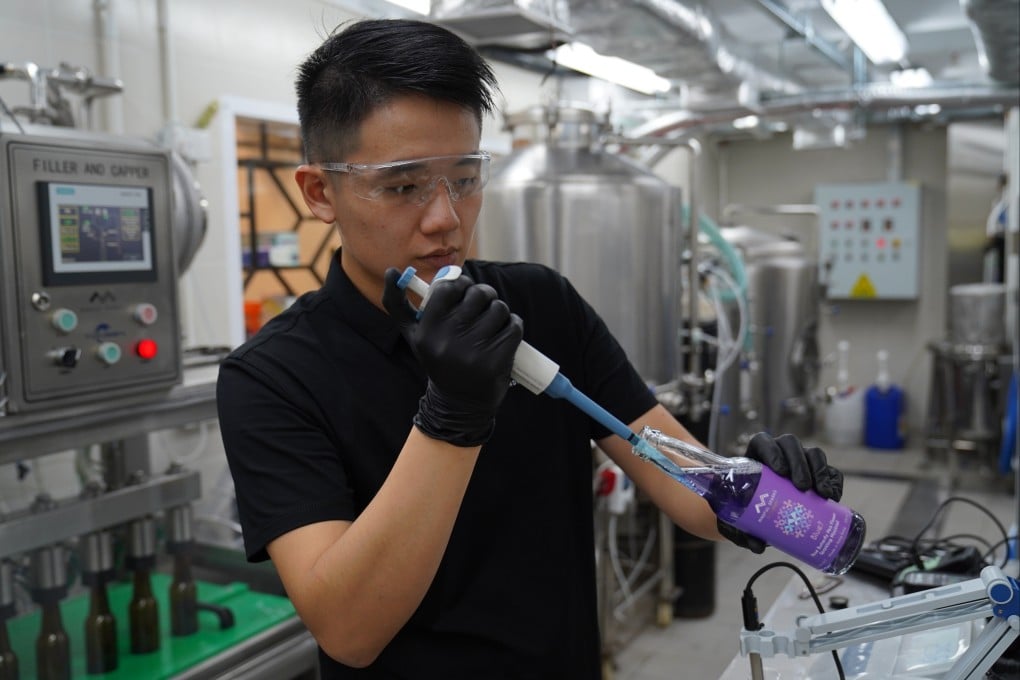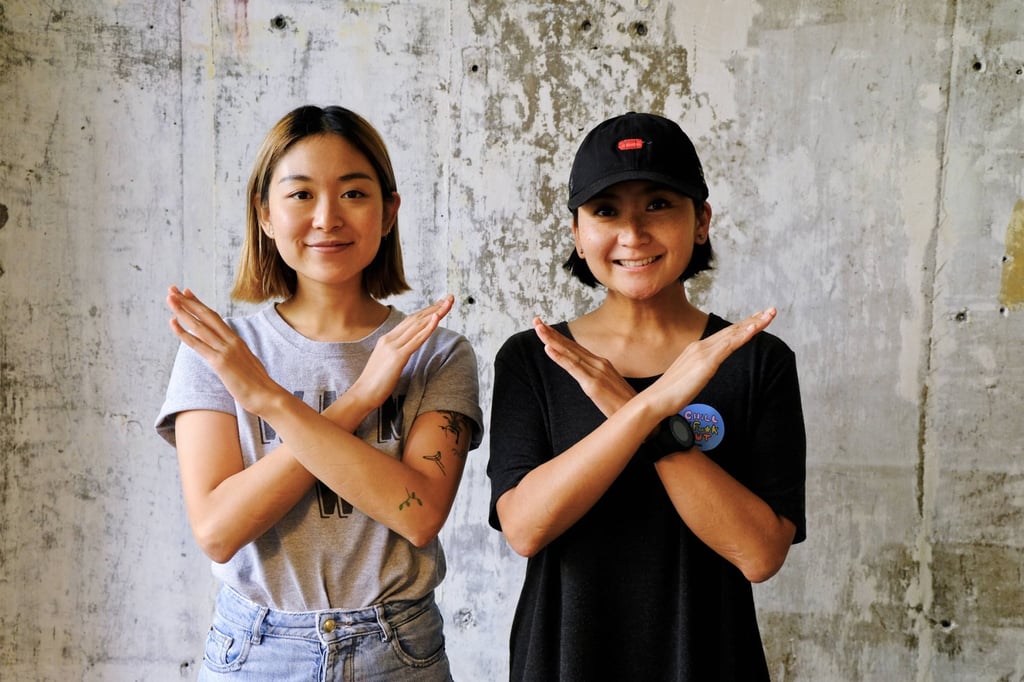With kombucha, sparkling tea and herbal remedies, premium craft drinks producers in Hong Kong take on the corporate giants
- Hong Kong entrepreneurs have launched premium craft drink ranges – hard seltzers, teas, kombucha and some that incorporate traditional Chinese medicine
- The biggest issue they face is educating the public about their products and why they are worth paying more for than a can of soda from a corporate giant

In terms of food, Hong Kong is a democracy of choices in cuisines, restaurants and groceries. But drink-wise, the shelves are still mostly ruled by oligarchs. You’ll find the same beer, wine and spirits everywhere.
Dining out, the non-alcoholic options are limited to juice or soft drinks, coffee or tea, and that’s about it. Even if you want soy milk or craft beer – or Red Bull and Gatorade at the gym – these drinks are likely produced by corporate giants, too.
But quite a number of local upstarts – or should that be start-ups – are thirsting for change. Against the odds, these Davids are not only challenging industry-established Goliaths, but also slinging uncommon refreshments.
Lisa and Patricia Lam are the city’s kombucha pioneers, starting the bottled-fermented drinks brand Taboocha in 2014.

“At that time, I had quit my job to travel and learned how to make kombucha. It really helped my own health,” recalls Lisa Lam, the younger of the Lam sisters. “I saw other people doing this as a business overseas, so I thought I’ll try it out here. At the time, there was no kombucha market, no online platforms and no e-commerce.”
Initially, they primarily sold their homebrews at outdoor markets, introducing them as health elixirs, until eco-minded eatery Sohofama asked to stock their drinks at the restaurant. “Back then, we had no actual product for retail, no logo, hadn’t registered a trademark, and didn’t even have any bottles or labels,” Lam says.